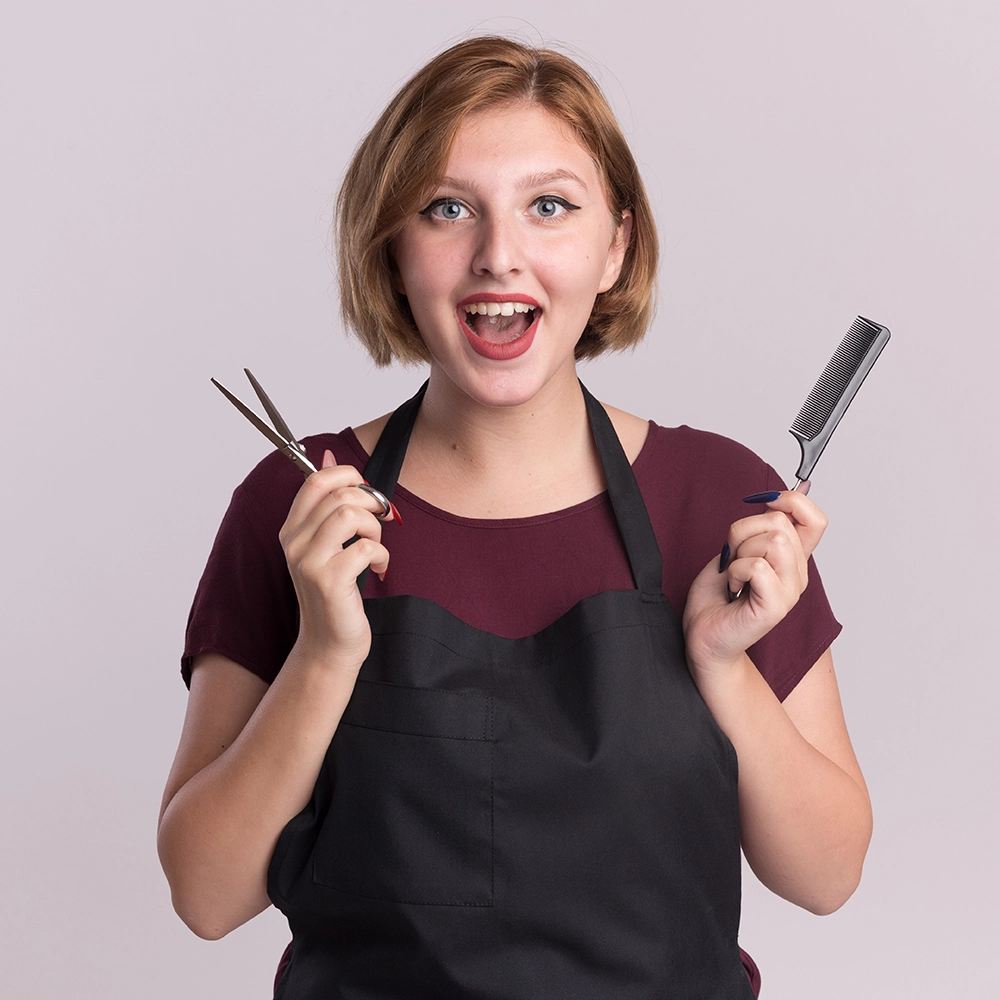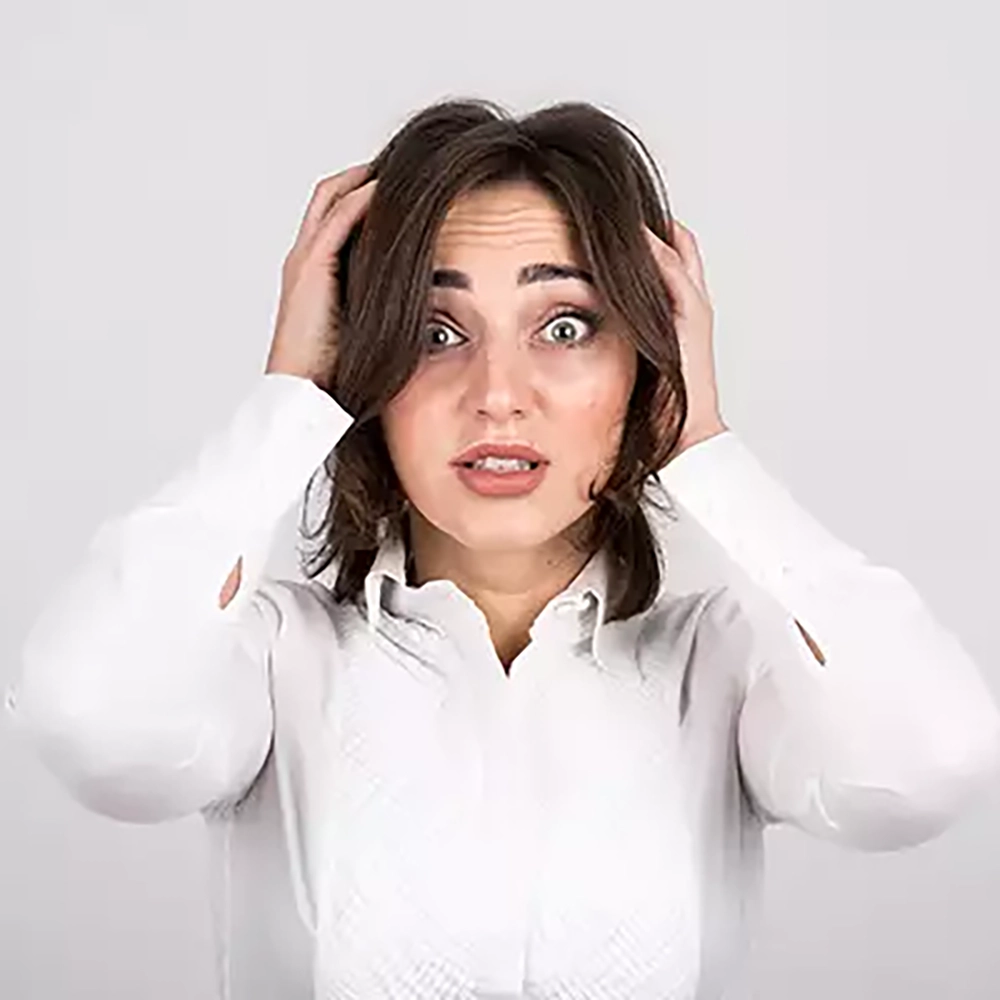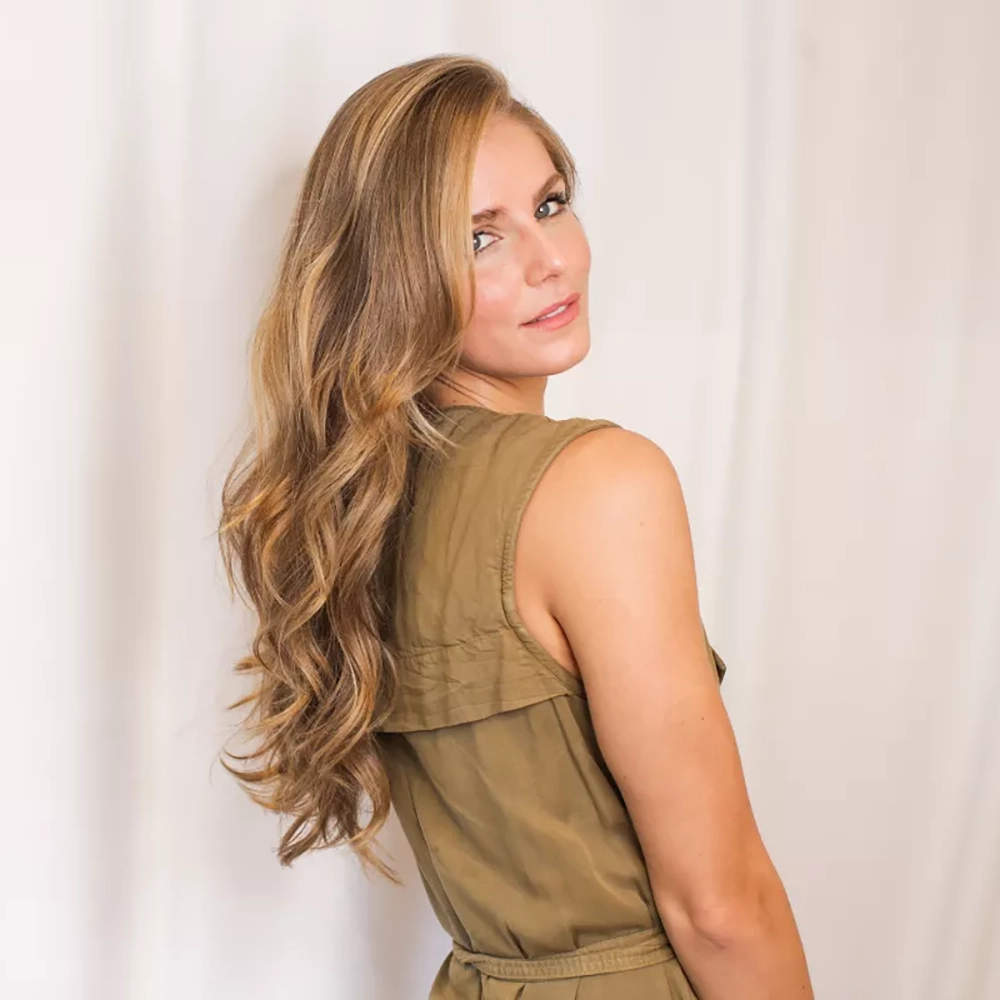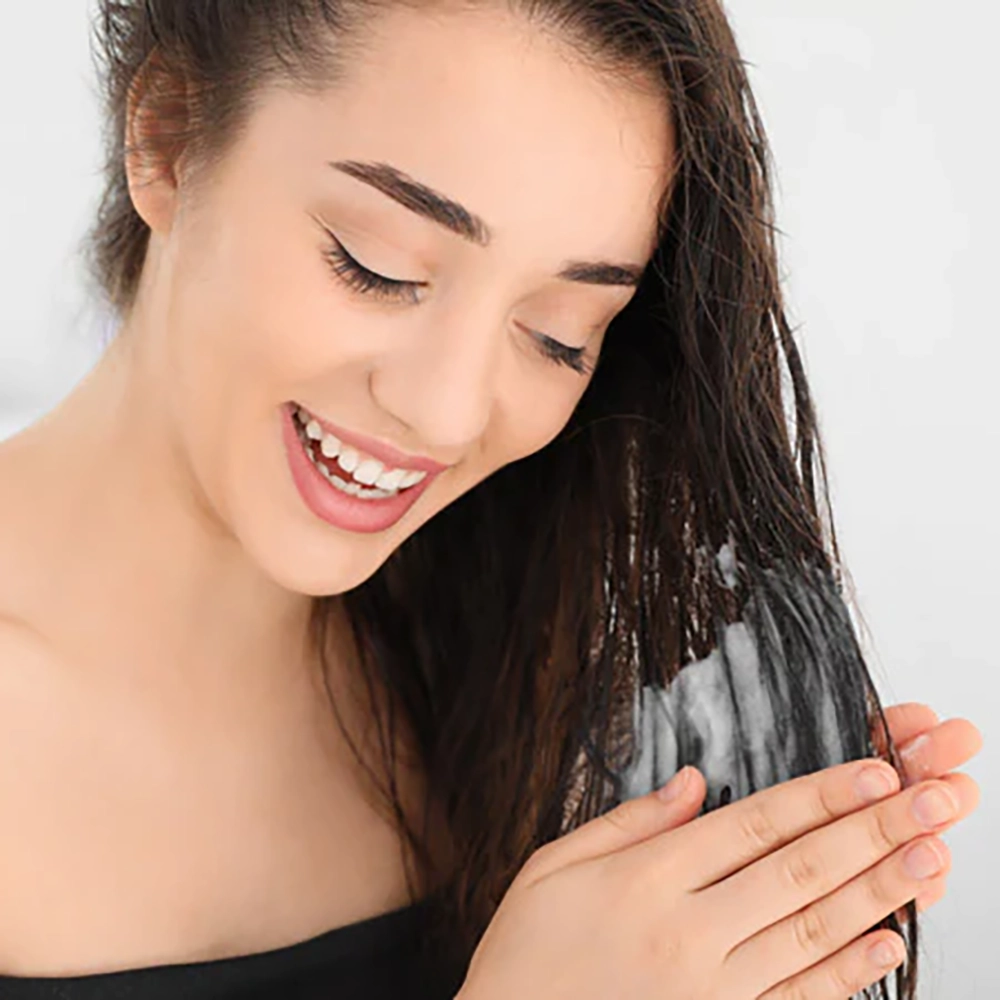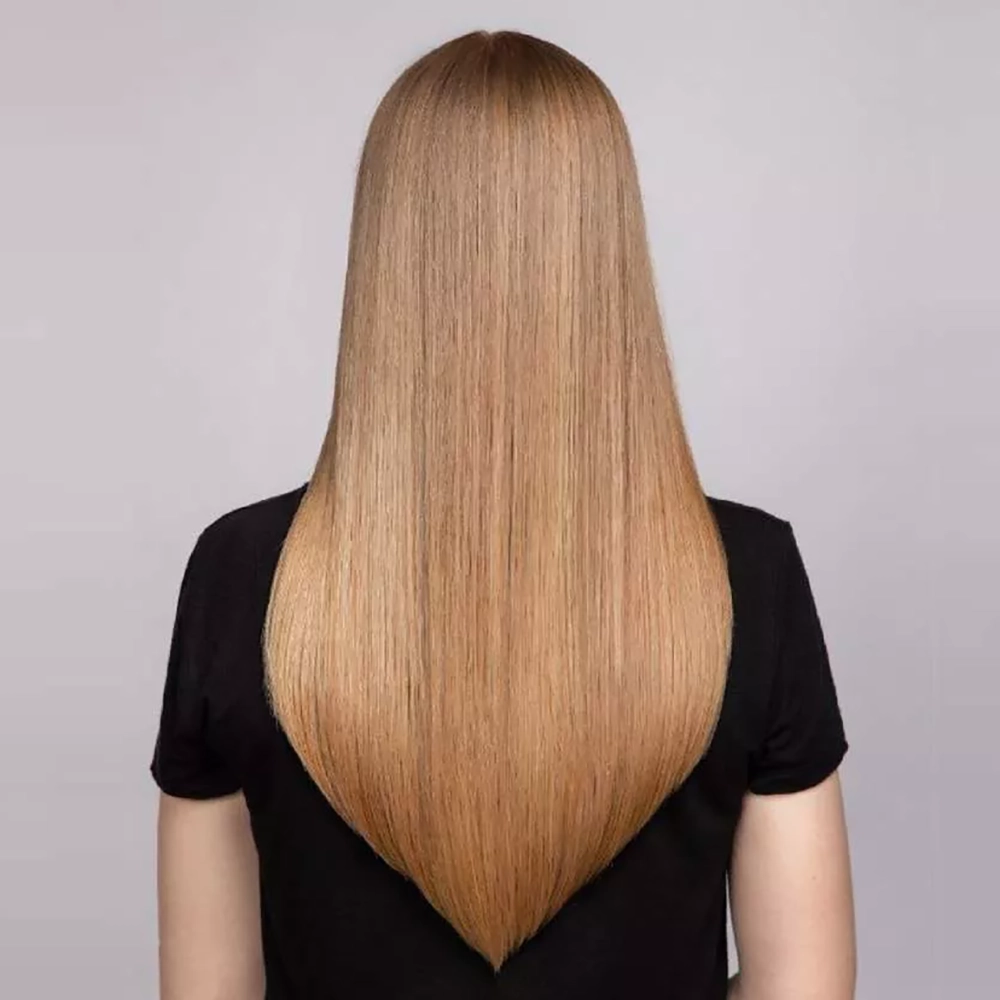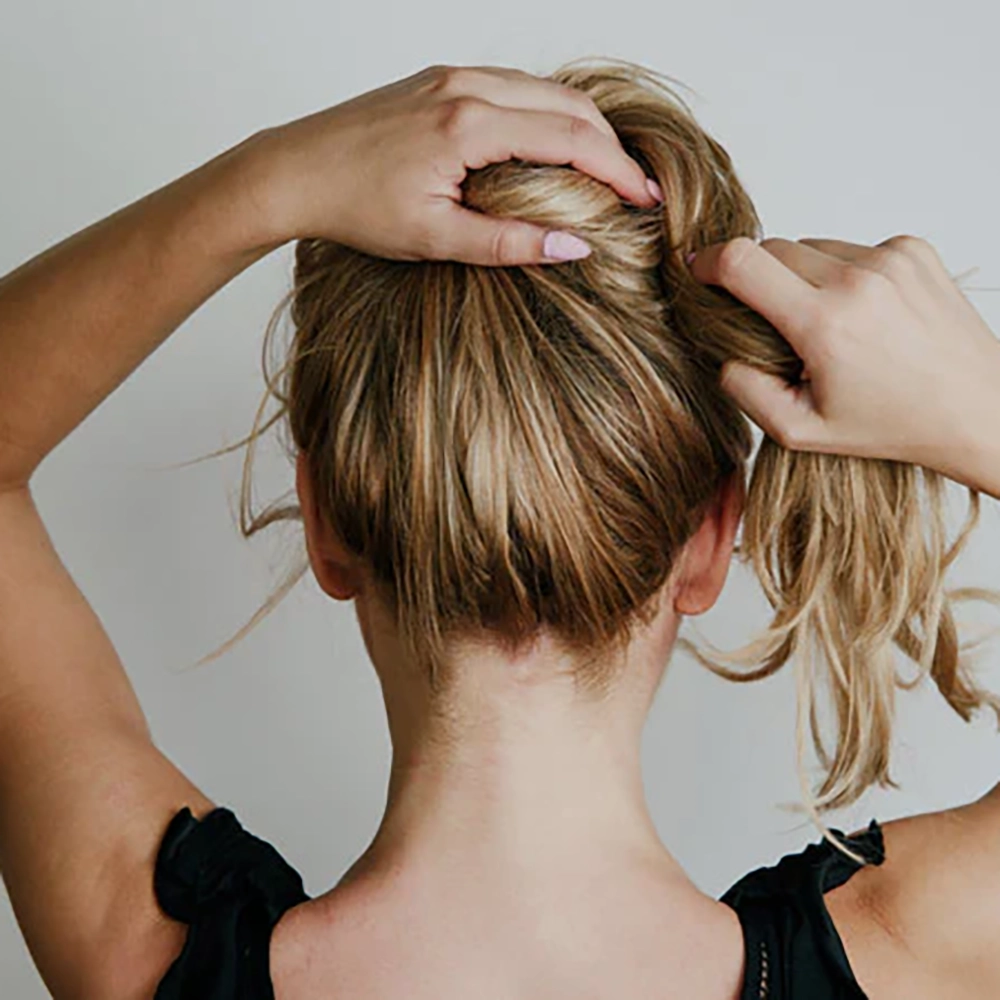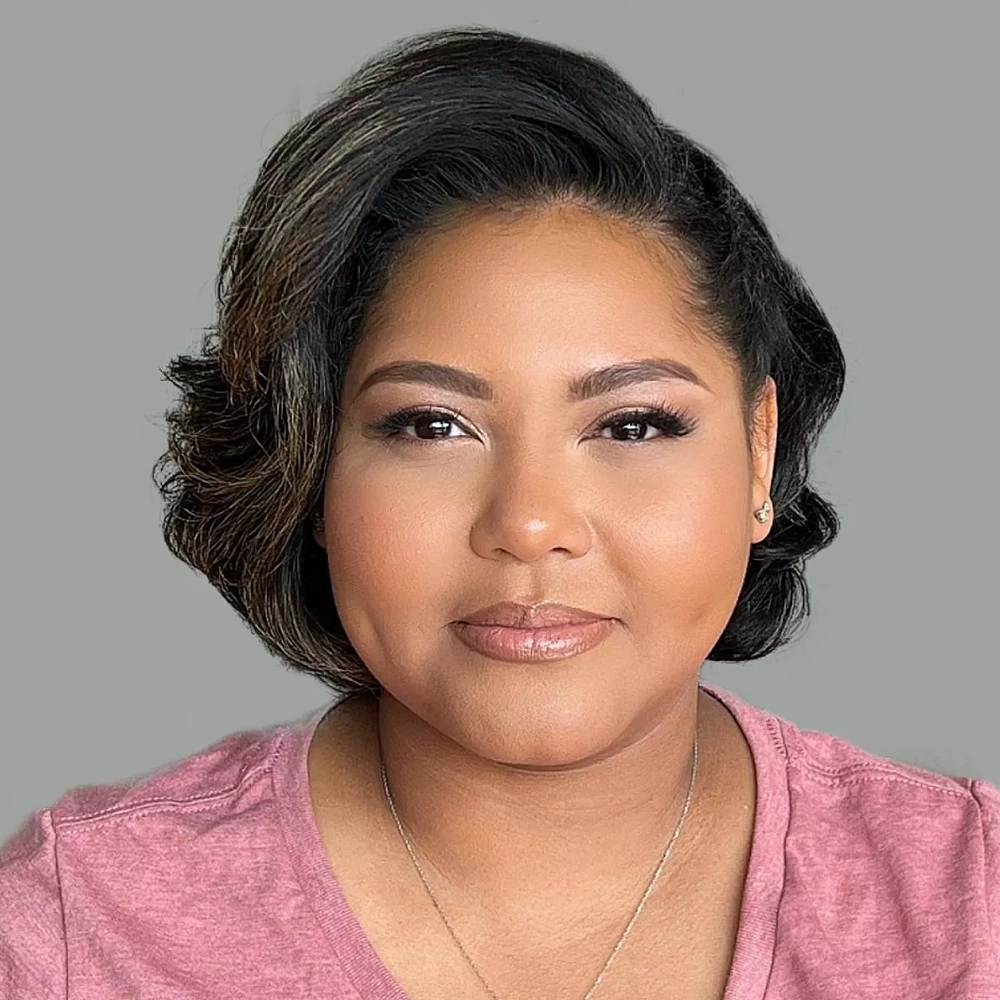Understanding scalp acne and pimples
Understanding Scalp Acne and Pimples
Scalp acne and pimples can be both frustrating and uncomfortable. They can cause itching, pain, and even hair loss if left untreated. But what exactly causes these pesky breakouts? Understanding the causes can help us prevent and treat scalp acne effectively.
One of the main causes of scalp acne and pimples is an excess production of sebum. Sebum is an oily substance produced by the sebaceous glands in our scalp. When there is an overproduction of sebum, it can clog the hair follicles and lead to the formation of acne. Hormonal imbalances, stress, and genetics can all contribute to increased sebum production.
Another common cause of scalp acne and pimples is poor scalp hygiene. Failing to cleanse the scalp regularly can result in a buildup of dirt, oils, sweat, and dead skin cells. These can then clog the pores and lead to acne breakouts. Additionally, using harsh hair products or frequently touching the scalp with dirty hands can also worsen the condition.
- To prevent scalp acne and pimples, it is essential to maintain good scalp hygiene. This includes regularly washing the hair with a gentle shampoo and conditioner. Avoid using products that contain harsh chemicals or irritants. It is also important to avoid scratching or picking at the acne, as this can lead to infection and further inflammation.
- Another effective way to treat scalp acne and pimples is by incorporating home remedies. Tea tree oil, for example, has antimicrobial properties that can help kill bacteria and reduce inflammation. Applying a few drops of tea tree oil mixed with a carrier oil to the affected areas can provide relief. Additionally, aloe vera gel, apple cider vinegar, and witch hazel can also be used topically to soothe the scalp and reduce acne.
- Incorporating a balanced diet can also play a significant role in preventing scalp acne and pimples. Consuming foods rich in vitamins A, C, and E, as well as omega-3 fatty acids, can help keep the scalp healthy and reduce inflammation. Some beneficial foods include leafy greens, fruits, fish, and nuts. It is also important to stay hydrated by drinking an adequate amount of water throughout the day.
| Cause | Prevention and Treatment |
|---|---|
| Excess production of sebum | – Maintain hormonal balance – Manage stress levels – Use suitable hair products |
| Poor scalp hygiene | – Regularly cleanse scalp – Avoid harsh chemicals – Keep hands clean |
| Genetics | – Focus on preventive measures – Consult a dermatologist for personalized guidance |
While understanding the causes of scalp acne and pimples is crucial, it is also important to know when to seek professional help. If the condition persists despite home remedies and proper scalp hygiene, it is advisable to consult a dermatologist. They can provide a proper diagnosis and recommend suitable treatments such as medicated shampoos, oral medications, or in severe cases, corticosteroid injections.
Overall, by understanding the causes of scalp acne and pimples, incorporating a balanced hair care routine, and seeking professional help when necessary, we can effectively manage and prevent breakouts on our scalp. With the right knowledge and practices, we can maintain a healthy and clear scalp for optimal hair health.
Identifying the causes of scalp acne and pimples
Scalp acne and pimples can be a frustrating and sometimes painful condition to deal with. Understanding the causes behind these skin issues is crucial in finding effective treatment and prevention methods. There are several factors that contribute to the development of scalp acne and pimples.
One of the main causes of scalp acne and pimples is excess oil production. The scalp has numerous sebaceous glands that produce oil, known as sebum. When these glands overproduce sebum, it can clog the hair follicles and lead to the formation of acne and pimples. This overproduction of oil can be triggered by hormonal imbalances, stress, and certain medications.
Another common cause of scalp acne and pimples is the buildup of dead skin cells. When the skin cells on the scalp do not shed properly, they can accumulate and clog the hair follicles. This can result in the formation of acne and pimples. Poor scalp hygiene, infrequent washing, and the use of harsh hair products can all contribute to this buildup of dead skin cells.
Effective home remedies for treating scalp acne and pimples
Scalp acne and pimples can be a pesky and uncomfortable problem to deal with. Not only can they be itchy and painful, they can also be embarrassing and affect our self-confidence. While there are various medications and treatments available, sometimes it’s best to try out some natural remedies first. In this blog post, we will explore some effective home remedies that you can incorporate into your daily routine to help treat and prevent scalp acne and pimples.
1. Tea Tree Oil: Tea tree oil has antibacterial and antifungal properties, making it a great option for treating scalp acne and pimples. You can mix a few drops of tea tree oil with a carrier oil, such as coconut oil, and massage it onto your scalp. Let it sit for about 15-20 minutes before rinsing it off with a mild shampoo. Repeat this process a few times a week to see results.
2. Apple Cider Vinegar: Apple cider vinegar acts as a natural astringent and helps remove excess oil and impurities from the scalp. Mix equal parts of apple cider vinegar and water, then apply it onto your scalp using a cotton ball or spray bottle. Leave it on for about 10-15 minutes before rinsing it off. Be sure to dilute the vinegar as it can be too harsh if used undiluted.
3. Aloe Vera: Aloe vera has soothing and anti-inflammatory properties that can help reduce redness and irritation caused by scalp acne and pimples. You can apply pure aloe vera gel directly onto your scalp and leave it on for 20-30 minutes before rinsing it off. Alternatively, you can also use aloe vera-based shampoos or conditioners for regular hair care.
4. Witch Hazel: Witch hazel is another natural remedy that can help reduce scalp acne and pimples. It helps control oil production and soothes inflammation. You can apply witch hazel directly onto your scalp using a cotton ball or mix it with water and use it as a scalp rinse after shampooing. Leave it on for a few minutes before rinsing it off.
| Home Remedy | Benefits |
|---|---|
| Tea Tree Oil | Antibacterial and antifungal properties |
| Apple Cider Vinegar | Natural astringent, removes excess oil |
| Aloe Vera | Soothing and anti-inflammatory properties |
| Witch Hazel | Controls oil production, reduces inflammation |
While these home remedies can be effective for treating scalp acne and pimples, it’s important to remember that everyone’s skin is different. What works for one person may not work for another. If your scalp acne and pimples persist or worsen despite trying these remedies, it’s recommended to seek professional help from a dermatologist or healthcare provider. They can provide you with personalized advice and recommend the best treatment options for your specific condition.
Daily hair care routine to prevent scalp acne and pimples
Having scalp acne and pimples can be both uncomfortable and frustrating. They can cause itching, redness, and even hair loss if not properly treated. One effective way to prevent scalp acne and pimples is by maintaining a daily hair care routine. By keeping your scalp clean and free from excess oil and dirt, you can reduce the risk of developing these unwanted skin conditions.
There are several key steps you can include in your daily hair care routine to prevent scalp acne and pimples. Firstly, it is important to choose the right shampoo and conditioner for your hair type. Look for products that are labeled as “non-comedogenic” or “oil-free,” as these are less likely to clog your hair follicles and contribute to acne formation. Additionally, avoid using harsh styling products that contain alcohol or heavy oils, as these can also clog your scalp pores.
Maintaining good scalp hygiene is crucial in preventing acne and pimples. Make sure to wash your hair regularly, at least every other day or as needed. Use warm water and gently massage your scalp with your fingertips to remove any dirt, dead skin cells, and excess oil. Avoid using hot water, as it can strip your scalp of its natural oils, leading to dryness and potential irritation.
- Avoid touching your scalp with dirty hands or dirty hairbrushes, as this can transfer bacteria and contribute to acne formation.
- Use a clean and soft towel to dry your hair, and avoid rubbing vigorously to prevent any potential irritation.
- Avoid wearing tight hats or headbands for extended periods, as they can trap sweat and oil, leading to clogged pores.
Lastly, incorporating natural remedies into your hair care routine can further help prevent scalp acne and pimples. Tea tree oil, known for its antimicrobial properties, can be diluted and applied directly to the scalp to reduce inflammation and kill acne-causing bacteria. Aloe vera gel can also be soothing for the scalp and has antibacterial properties. Additionally, regularly exfoliating your scalp with a gentle scrub can help remove dead skin cells and unclog pores.
| Key Points: |
|---|
| Choose non-comedogenic hair products |
| Wash your hair regularly with warm water |
| Avoid touching your scalp with dirty hands or hairbrushes |
| Use a clean and soft towel to dry your hair |
| Avoid wearing tight hats or headbands for extended periods |
| Incorporate natural remedies such as tea tree oil and aloe vera gel |
| Regularly exfoliate your scalp |
By following a daily hair care routine that prioritizes scalp hygiene and includes the use of appropriate hair products, you can significantly reduce the risk of developing scalp acne and pimples. Remember to treat your scalp with care, avoid excessive heat or friction, and consult a professional if your condition worsens or persists.
Incorporating a balanced diet to combat scalp acne and pimples
When it comes to combating scalp acne and pimples, a balanced diet can play a crucial role. Our diet directly impacts the condition of our skin, including the scalp. By incorporating certain nutrients into our meals, we can promote a healthy scalp and reduce the occurrence of acne and pimples. In this article, we will explore the importance of a balanced diet in combating scalp acne and pimples and discover some key nutrients that can help improve the overall health of our scalp.
What to include in your diet for a healthy scalp? A balanced diet for a healthy scalp should include a variety of nutrients that promote skin health. Some important nutrients to focus on include:
- Omega-3 fatty acids: Found in fatty fish like salmon, mackerel, and sardines, omega-3 fatty acids have anti-inflammatory properties that can help reduce scalp inflammation and acne.
- Zinc: Foods rich in zinc like oysters, pumpkin seeds, and chickpeas can help regulate oil production and promote healthier skin.
- Vitamin A: Carrots, sweet potatoes, and spinach are excellent sources of vitamin A, which promotes cell turnover and can help prevent clogged pores.
- Vitamin E: Foods like almonds, sunflower seeds, and avocados contain vitamin E, which has antioxidant properties and helps protect the skin from damage.
- Probiotics: Incorporate probiotic-rich foods like yogurt, kefir, and sauerkraut into your diet to improve gut health, which in turn can benefit the health of your skin.
Stay hydrated and avoid trigger foods: In addition to incorporating these nutrients into your diet, it is essential to stay hydrated by drinking enough water throughout the day. This helps in maintaining the overall health and moisture balance of your scalp. It is also important to avoid trigger foods that can exacerbate scalp acne and pimples, such as greasy and fried foods, sugary snacks, and processed foods. Instead, focus on consuming whole foods that are nutrient-dense and promote skin health.
Conclusion: A balanced diet that includes omega-3 fatty acids, zinc, vitamin A, vitamin E, and probiotics can help combat scalp acne and pimples. By incorporating these nutrients into your meals and staying hydrated, you can promote a healthier scalp and reduce the occurrence of acne and pimples. Remember to avoid trigger foods that can worsen the condition of your scalp. By taking care of your diet, you are taking a proactive step towards improving the health of your scalp.
The importance of scalp hygiene for acne prevention
Scalp acne and pimples are a common problem that many people face. It can be a frustrating and embarrassing condition, causing discomfort and self-consciousness. While there are various factors that contribute to the development of scalp acne and pimples, one aspect that is often overlooked is scalp hygiene. Maintaining proper scalp hygiene plays a crucial role in preventing and managing this condition.
What is scalp hygiene?
Scalp hygiene refers to the practice of keeping the scalp clean and free from dirt, excess oil, and impurities. It involves regularly washing the hair and scalp, as well as adopting healthy habits to promote a clean and healthy scalp environment.
Why is scalp hygiene important for acne prevention?
Good scalp hygiene is essential for acne prevention as it helps to remove dirt, excess oil, and dead skin cells, which can clog the hair follicles and lead to the formation of acne and pimples. When the scalp is not properly cleansed, these impurities can accumulate, resulting in inflammation and breakouts.
The role of shampooing and conditioning in scalp hygiene
Shampooing and conditioning the hair regularly are crucial steps in maintaining scalp hygiene. Using a gentle and suitable shampoo helps to remove dirt, excess oil, and product buildup from the scalp. It is important to choose shampoos that are specifically formulated for scalp acne-prone skin, as they are designed to address the underlying causes of the condition.
Tips for maintaining good scalp hygiene:
- Wash your hair regularly using a gentle shampoo.
- Avoid using harsh hair products that can irritate the scalp.
- Massage the scalp while shampooing to improve blood circulation.
- Rinse your hair thoroughly to ensure all shampoo and conditioner residues are removed.
- Avoid touching your scalp with dirty hands to prevent the transfer of bacteria.
- Avoid using excessive heat and styling products that can strip the scalp of its natural oils.
The benefits of maintaining good scalp hygiene
Maintaining good scalp hygiene not only helps in preventing scalp acne and pimples but also improves overall hair health. A clean and healthy scalp promotes hair growth, reduces dandruff, and minimizes the risk of infections. It also enhances the effectiveness of any acne treatment products or medications that you may be using.
Conclusion
Proper scalp hygiene is an essential aspect of preventing and managing scalp acne and pimples. By adopting good scalp hygiene practices, such as regular hair washing, using suitable hair products, and avoiding scalp irritation, you can significantly reduce the risk of developing this frustrating condition. So, remember to give your scalp the love and care it deserves for a healthy and acne-free scalp.
When to seek professional help for scalp acne and pimples
When dealing with scalp acne and pimples, it’s important to know when it’s time to seek professional help. While there are many home remedies and self-care techniques that can help manage mild cases of scalp acne, there are instances where medical intervention is necessary. In this article, we will discuss the signs and symptoms that indicate the need for professional assistance and the importance of seeking proper medical care for scalp acne.
Firstly, it’s important to understand that scalp acne and pimples can range from mild to severe. Mild cases usually present with small, red bumps on the scalp that may itch or be slightly painful. These can often be managed with over-the-counter acne treatments or natural home remedies. However, if the acne becomes more severe, with larger and deeper cysts, it’s time to consult a dermatologist. Severe scalp acne can cause significant discomfort, pain, and even hair loss, and treating it at home may not be sufficient.
Secondly, if the scalp acne does not respond to self-care and home remedies after several weeks, it may be an indication of an underlying medical condition. Certain skin conditions like scalp folliculitis, psoriasis, or seborrheic dermatitis can mimic the symptoms of acne and require specialized treatment. A healthcare professional or dermatologist can accurately diagnose the underlying cause of the scalp acne and recommend the appropriate treatment plan.
| Signs that indicate when professional help is needed: | Possible underlying causes: |
|---|---|
| Severe pain or discomfort | Folliculitis |
| Large, deep cysts or nodules | Psoriasis |
| Worsening symptoms despite home remedies | Seborrheic dermatitis |
| Scalp redness, swelling, or excessive inflammation | Underlying infection |
Lastly, it’s important to seek professional help if you experience any additional concerning symptoms alongside scalp acne. This includes symptoms like excessive itching, bleeding, drainage, or if you notice any unusual changes in your scalp or hair. These symptoms may indicate a more serious condition that requires proper medical evaluation and treatment.
In conclusion, while there are various self-care techniques and home remedies available to manage scalp acne and pimples, it’s crucial to recognize when professional help is needed. Severe acne, lack of improvement with home remedies, and additional concerning symptoms warrant a visit to a dermatologist or healthcare professional. Remember, seeking proper medical care ensures accurate diagnosis, appropriate treatment, and prevention of potential complications.

